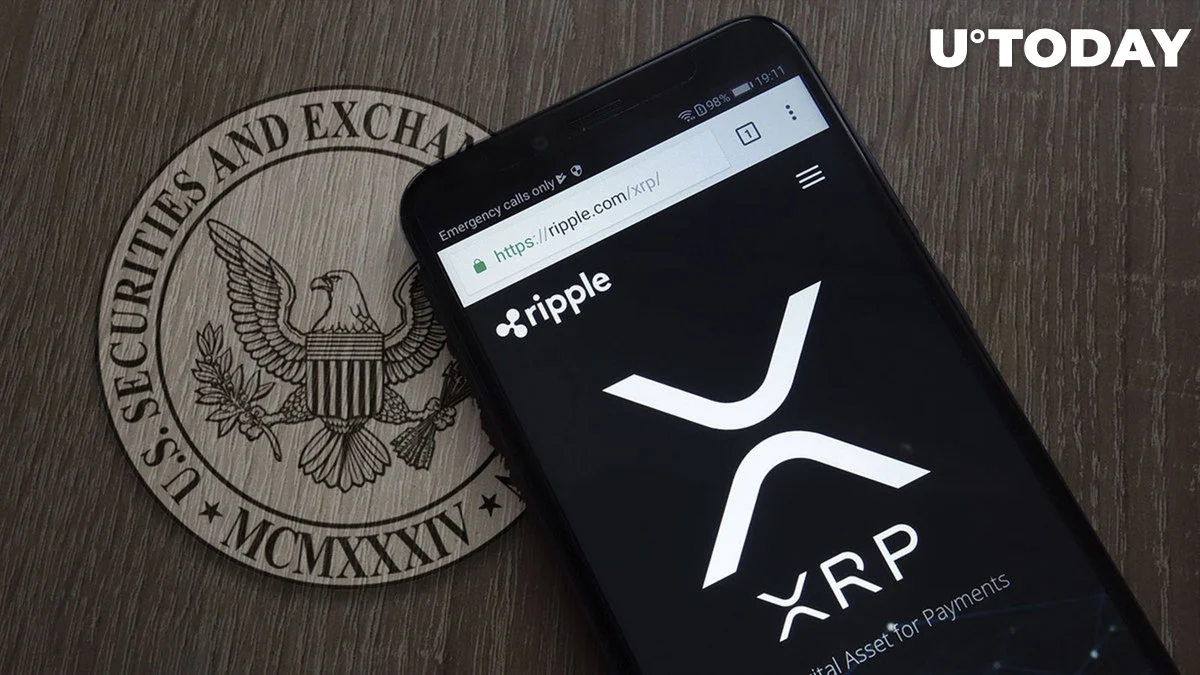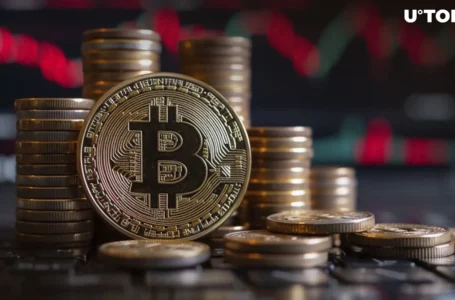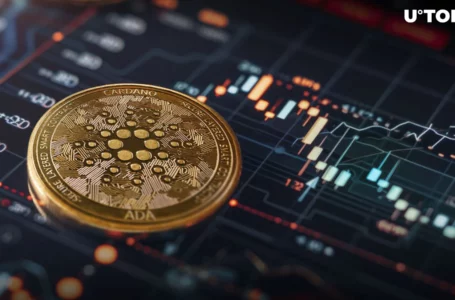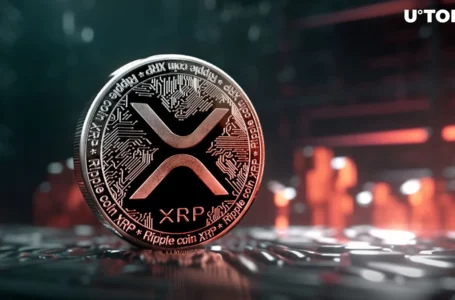
Members of the XRP community are delving deeply into the thorny subject of XRP’s security categorization, sparking a vibrant and thought-provoking debate. The discussion, which was organised by ex-attorney Marc Fagel, Ripple CTO David Schwartz, and lawyer Bill Morgan, has sparked a variety of thoughts and attitudes among the cryptocurrency community by shedding light on the complex complexities of securities regulations and exclusions.
The discussion revolves on the key topic of whether XRP belongs in the category of securities. There is no lack of dispute among specialists as the society looks for a conclusive solution. A variety of opinions have been expressed in response to Fagel’s claim that not all non-Ripple-held XRP immediately loses its security status under specific exclusions. Detractors have questioned the fairness and consistency of such an interpretation.
The hypothetical idea of a decentralised exchange acting as the sole venue for XRP transactions increased the fervour of the discussion. The idea that such a deal may exclude XRP that was not owned by Ripple from being categorised as a security gave rise to debate. Some delegates weren’t pleased with Fagel’s explanation and asked for further information since he emphasised that the mode of sale, not a change in security grade, dictates the necessity for registration.
David Schwartz, the chief technology officer of Ripple, intervened to emphasise that there are two separate legal concerns at stake: whether an asset qualifies as a security and if its offering complies with the requirements for a security offering. Schwartz’s remarks further muddied the waters by implying that cryptocurrencies may be considered securities if certain conditions stated in the Howey test are satisfied.
Bill Morgan, an attorney, offered a different perspective, questioning the necessity of exemptions in secondary markets when the asset is not by definition a security. Morgan’s scepticism brought up important issues about the criteria used to assess the security status of digital assets and emphasised the significance of taking into account the wider environment in which they are marketed and traded.


















